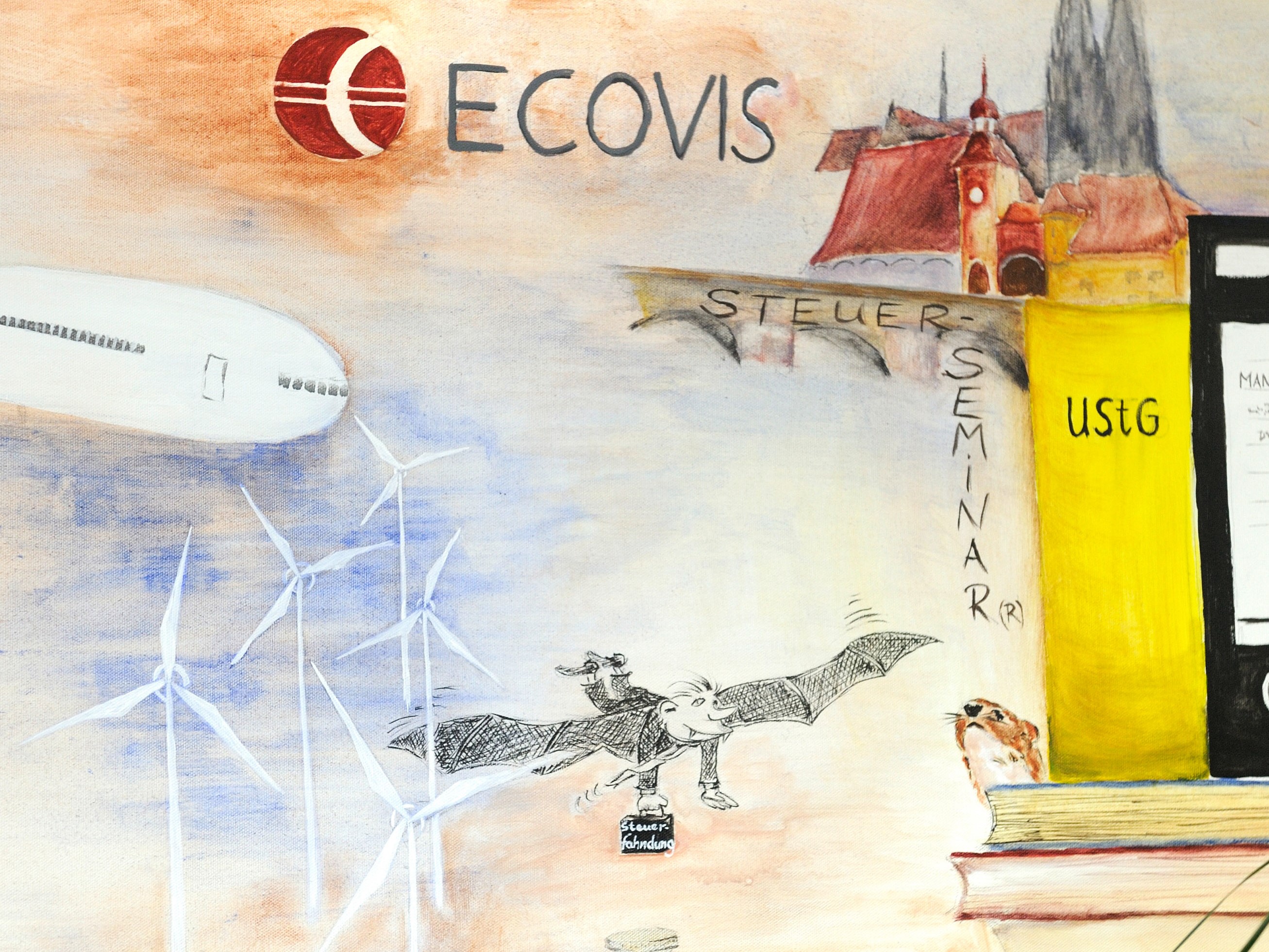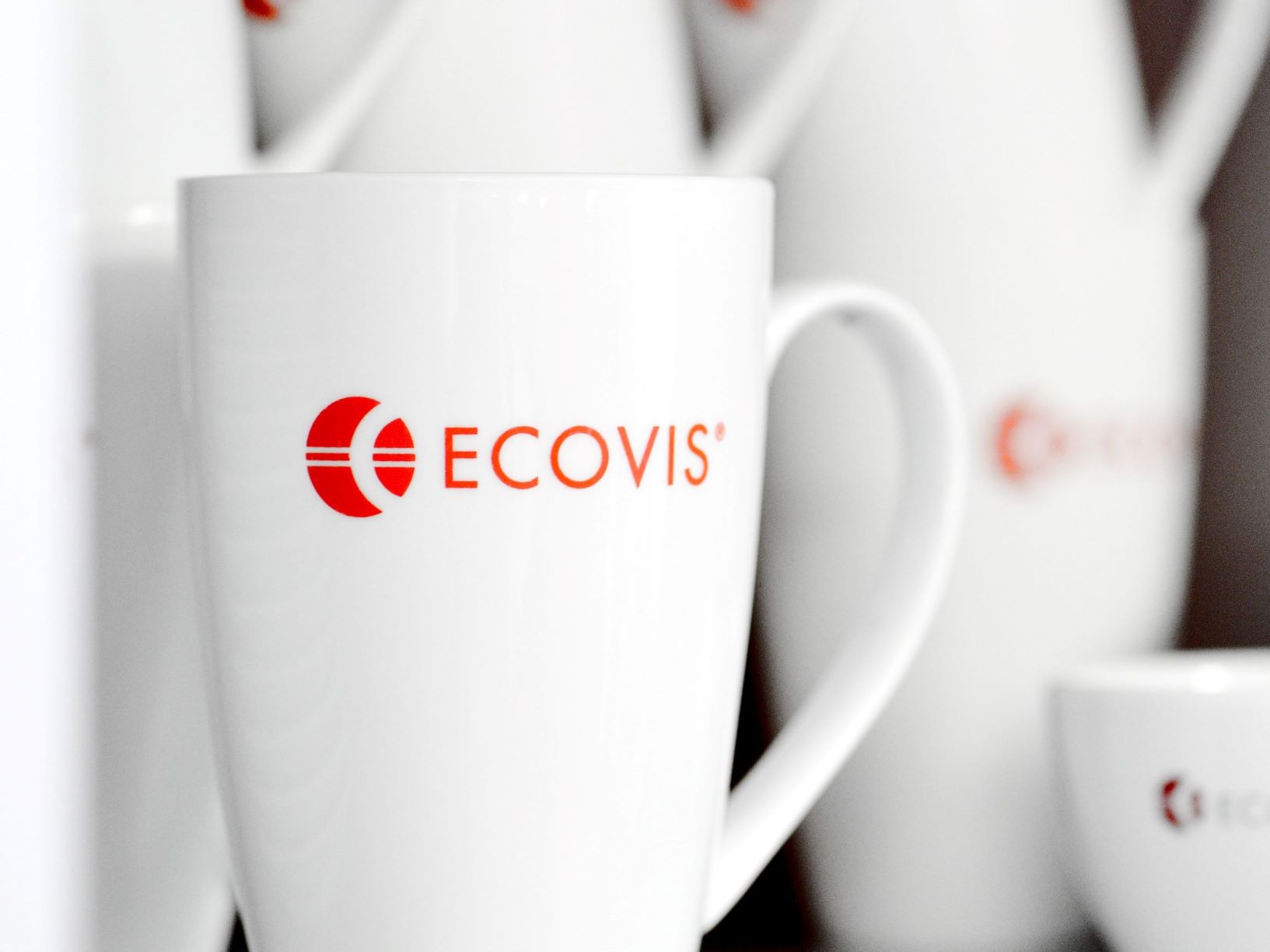What are the practical consequences of the new judgement of the Czech Supreme Court regarding the vagueness of the scope of business in the articles of association, the memorandum of association of Czech companies and the Czech Commercial Register
We assume that min. 90% of Czech companies have registered as their scope of business, among others, unqualified trades (free trade license) in the form of "production, trade, and services not listed in Annexes 1 to 3 of the Czech Trade Licensing Act", not only in the Czech Commercial Register but also in the articles of association with a joint stock company or in the memorandum of association with a limited liability company. What seemed to be standard practice until recently, is according to the latest news of consulting firms turning into an almost existential risk posed by the recent judgment of the Supreme Court’s Senate of the Czech Republic presided by Filip Cileček, file no. No. 27 Cdo 3549/2020, dated 12.5.2021. Is this a correct assumption and is there a threat of liquidation of the company, or is it a storm in a teacup triggered by excessive case law, which will soon be overruled by opposite decisions?
“The content of articles of association, according to which the scope of business of a joint-stock company is production, trade and services not listed in Annexes 1 to 3 of the Czech Trade Licensing Act, does not meet the requirement of certainty”
The Supreme Court senate of the Czech Republic, presided by Filip Cileček, reached in its judgement dated 12 May, 2021, file no. 27 Cdo 3549/2020 a surprisingly clear conclusion that “the conclusion of the articles of association, according to which the scope of business of a joint-stock company is production, trade and services not listed in Annexes 1 to 3 of the Czech Trade Licensing Act, does not meet the requirement of certainty, since the scope of business is not stated clearly in such a provision and an apparent conclusion can be drawn on neither method of interpretation. This frequent delimitation in the articles of association with a Czech joint stock company and in the memorandum of association or foundation deed of a Czech limited liability company is therefore allegedly not specific enough and should therefore not be taken into account.
The core of the dispute dealt with by the Czech Supreme Court was, as a matter of fact, the issue of registration of "real estate brokerage" as a scope of business in the Czech Commercial Register, and the fact that the subject joint stock company did not bother to transform its articles of association in the part of the delimitation of the scope of business, as the original articles of association were adopted under the then effective act, in which the so-called unqualified trades, i.e. production, trade and services not listed in Annexes 1 to 3 of the Czech Trade Licensing Act included the field of real estate brokerage trade which only became a professional trade once a new law on real estate brokerage was adopted (see our article Czech Real Estate Brokerage Act).). The reluctance of one Czech joint-stock company to change its articles of association and amend them with a new professional trade resulted in a possibly unintended consequence and uncertainty for most Czech companies: 'Projected in the present case, that is to say, if the Court of Appeal concluded (in agreement with the register court) that the application for registration of real estate brokerage 'as a scope of business of the company could not be accepted because the company did not substantiate the application with a (new) wording of the articles of association - including such a scope of the business, its decision - in terms of the result - is correct”.
The reasoning of the above-mentioned judgement of the Czech Supreme Court is so categorical that it is worth quoting verbatim:
“…. it is not possible to conclude, based on the interpretation of the section 556 par.1, second sentence that, scope of business described at the paragraph [28] are at least activities explicitly listed in annex no. 4 of Trade Licensing Act as amended to December 31, 2020 in points 1-79. Firstly, no reasonable person in the capacity of the partner or member of business corporation could not infer from that arrangement that it is the will of the partners to engage in all expressly listed activities in annex no. 4 of Trade Licensing Act in points 1-79 and furthermore, it is not possible to neglect fact that, by determination of “scope of business” as previously mentioned, it is referred also to point 80 of Annex No. 4 to the Trade Licensing Act, and thus it is agreed that the scope of business will be an indefinite range of activities [for an interpretation of the foundation deed, see also the judgment of the Supreme Court of 5 December 2019, file no. No. 27 Cdo 5749/2017, the conclusions of which are (according to the judgment of the Supreme Court of 27 February 2020, file no. 27 Cdo 4460/2018, or of 26 November 2020, file no. 27 Cdo 506 / 2019) shall be similarly applied in the interpretation of the articles of association of a joint-stock company in accordance with the legislation effective from January 1 2014].”
“ [30] The Supreme Court therefore concludes that even by interpreting the provisions of the articles of association of joint-stock company according to which the scope of business is production, trade and services not listed in Annexes 1 to 3 of the Trade Licensing Act, it is not possible to identify scope of business of the company (identify its specific content). Such an arrangement is therefore void, as a consequence of its indefinite content. (section 556 the civil code) and it is not taken into account (section 554 of the civil code). [for an interpretation of the foundation deed, see also the judgment of the Supreme Court of December 5 2019, file no. No. 27 Cdo 5749/2017, the conclusions of which are (according to the judgment of the Supreme Court of February 27 2020, file no. 27 Cdo 4460/2018, or of 26 November 2020, file no. 27 Cdo 506 / 2019) shall be similarly applied in the interpretation of the articles of association of a joint-stock company in accordance with the legislation effective from January 1 2014].”
“[31] It also possible to conclude from the above-mentioned that, in the Commercial Register, pursuant to section 25 par. 1 c) it not registered title of a trade but scope of business or activities of the business corporation. The partners or members of a business corporation thus, in relation to the list of fields of activity in Annex No. 4 to the Trade Licensing Act, usually determine (and the memorandum of the association, or the articles of association, contain). Some of the listed activities. These will be registered in the Commercial Register as a scope of business or activity of the corporation. If production, trade and services not listed in Annexes 1 to 3 of the Trade Licensing Act are listed in the memorandum of association (articles of association) and prospectively registered also in the Commercial Register, it contradicts section 25 par. b) of Trade Act and is therefore necessary to arrange correction in accordance with section 9 par. 1 of Trade Act.”
However, did the Supreme Court’s senate deal with all the circumstances related to the use of the definition of a free trade license as a scope of business in the articles of association, and is this not a hasty decision that will be overruled in the future? Could Czech companies, the Czech legal professionals, and the courts really have been blind for 30 years to the alleged voidness of the articles of association and memoranda of association and the insight came only with the cited case law? Where has the over-emphasized principle of interpreting legal acts as valid rather than void, which was further emphasized by the new Civil Code (see § 574 of the Civil Code, according to which legal acts must be regarded as valid rather than void) gone? More information here: K výkladu a preferenci platnosti právního jednání; epravo.cz
Up-to-date case law on the scope of business in memoranda of association and articles of association
Until recently, the usual procedure in the area of registration of the scope of business in a memorandum of association and articles of association was the use of the wording of the definition of free trade license "production, trade and services not listed in Annexes 1 to 3 of the Trade Licensing Act", without which the trade licensing authorities refuse to subsequently issue a free trade license. The specification of the scope of the company's business was made within the free trade by selecting the relevant fields of free trade, which could be traced at any time in the trade register. This way enabled the executives to choose the relevant fields according to the activities performed by the company. At the same time, regardless of the identification of the relevant fields of activity within the free trade, the Trade Licensing Act did not exclude the performance of other business activities, as it was one free trade license within which it is possible to do business in any field, except those for which stricter or other conditions stipulated by law. This practice was enforced by all the authorities concerned and in particular by the courts, which did not want to allow other registrations because they had no basis in law.
Some companies, and in particular their partners, had reservations as to this practice, since they wanted to have a scope of business registered in the articles of association or a memorandum of association that would more accurately and at first sight reflect the company's scope of business. Therefore, they did not let themselves to be discouraged by the decision of a register court and instead appealed such a decision and consequently were able to register their own wording of scope of business. Subsequently, resistivity towards the unified registration of a free trade license arose mainly as a result of the amendment to the Trade Licensing Act by Act No. 130/2008 Coll, after which the registry courts, on their own initiative and without informing the companies concerned, themselves transcribed the specific entries into the general text of a free trade license. This case was heard, for example, by the High Court in Prague in its decision file no. 7 Cmo 66 / 2010-599 of 26 November, 2010 and enabled the company concerned to re-register the general description of the business activity performed instead of the definition of a free trade license.
“….It is possible to conclude from the cited legal provisions that the entrepreneur (section 2 par. 1 a) of the Commercial Code) is obliged to submit documents proving fthat they will possess a trade or other business license no later than on the day of registration upon registration of the scope of business or object of activity in the Commercial Code. (section 56 par. 1 of the Commercial Code). Neither from the cited legal regulation nor from the wording of Act No. 455/1991 Coll., On Trade Licensing, as amended, including the amendment made by Act No. 130/2008 Coll. (not, as the court of first instance incorrectly stated "300/2008 Coll.) effective from July 1 2008, it is not possible to conclude that the information on the petitioner's business as a joint-stock company registered in the Commercial Register should be identical with the trade license title. In this particular case, to correspond as a “slave” with a title of one and only above-mentioned trade which includes eighty different activities… The identity of the registration of the scope of business in the Commercial Register with the current trade license designation or trade title is not possible infer from the nature of the matter even taking into account the permanent amendments to legal regulations concerning trade licensing. (as stated in the Explanatory Memorandum to the above-mentioned amendment No. 103/2008. in particular, the Trade Licensing Act was amended more than hundreds time to 1.7.2008). On the contrary, it is possible to fully agree with the appellant that information on the scope of business of the entrepreneur registered in the Commercial Register should provide to third parties, to the public information on the actual nature of the scope of business of that entrepreneur and which is defined by its founding documents (articles of association, memorandum of association) which are an expression of the will of the founders reps. partners, not to duplicate data in the trade register. The introduction of one solely free trade and its codification in Annex No. 4 to the Trade Licensing Act itself, did not constitute obligation for entrepreneurs already registered in the Commercial Register or the Register Court to change the entry of the scope of business in the Commercial Register (Article II of the transitional provisions of Act No. 130/2008 Sb.). The register court erred in the appellant's case by the fact that amended the entry of its business in the Commercial Register on March 17, 2009 without fulfilling condition pursuant Section 200b p. 1 or § 200da p. 3 of the Code of Civil Procedure, so that instead of the current (above-mentioned) wording of the business which it deleted, it registered a sole scope of business, namely "Production, trade and services not listed in Annexes 1 to 3 of the trade license". of the Act "; t is not clear from the content of the register file that they would notify the joint-stock company of this in accordance with the procedure pursuant to Section 200dc paragraph 1 of the Civil Code….
However, neither in this case nor in other cases did any court come to the conclusion that the current court practice would lead the company to illegal conduct, the risk of ordered liquidation and the voidness of the foundation deed.
The principle of precedence of the validity of acts and freedom regarding the definition of the scope of business in the articles of association and memoranda of association
In our opinion, the senate of the Supreme Court of the Czech Republic in its judgement omitted a fundamental argument of numerous companies, which may feel negatively affected by a completely narrow interpretation and the limited choice of how the scope of business in the company will be determined. The judgment of the Supreme Court confirmed the established practice that without a corresponding adjustment of the scope of business in the articles of association of a joint stock company and the memorandum of association of a limited liability company, it is not possible to make a corresponding entry in the Commercial Register, even though the company has already obtained the relevant authorization to conduct business activities from the Trade Licensing Office or another office. So far, nothing can be said against the reasoning of the judgment. The fact that partners and shareholders should be able to adjust the scope of business in the articles of association and the memoranda of association arbitrarily and that they do not have to adhere to the exact description of the definition of so-called free trade license is also unquestionable and confirmed by previous case law. There is therefore no restriction in this regard.
The reasoning of this judgment regarding the uncertainty of the scope of business and the voidness of the articles of association or the memorandum of association seems to be somewhat incomprehensible. Why should the use of the general concept of so-called free trade license, i.e. "production, trade and services not listed in Annexes 1 to 3 of the Trade Licensing Act" should be prohibited, as such a general definition allows flexible access for companies that do not intend to restrict the performance of their activities only by strictly specifying a concrete activity and want to have the choice of performing any activity allowed by the so-called free trade license. This flexibility is sometimes directly necessary, and notarial deeds and constant changes to the commercial register would be absurd and administratively demanding and costly. Every change would cost entrepreneurs min. 10,000 CZK. Assessing conduct as void and indeterminate in a situation where neither party considers it void and indeterminate and has not been considered as such for 30 years would be contrary not only to common sense but to all conceivable principles of legal certainty and the rule of law.
Moreover, it is yet unclear what consequences the judgement will have on the practice of trade licensing authorities, which may have reservations about issuing trade licenses for free trades if the definition of a free trade license does not form part of the articles of association or memorandum of association. Sure, it is possible to circumvent this by using both the definition of a free trade and another more detailed description, but what regulation imposes such a formal procedure on shareholders and why include in the articles of association and memorandum of association something that is completely vague according to the judgement? Will the Trades Licensing Office understand that the term "facility management" in the articles of association means free trade license, or it will be necessary to use an enumerative list of individual activities and if, for instance, "washing windows" or "replacing light bulbs" is omitted by mistake, will the company be no longer entitled to do such activities?
Implications for practice and how to act in the future
The judgment of the Supreme Court in question brings a considerable degree of uncertainty to the Czech legal system after 30 years of established practice, instead of legal certainty. We believe that this is an unfortunate and unnecessary decision, which is the result of an activist approach in a case that had already been satisfactorily resolved by case law in the past. Unfortunately, at present, business corporations have to consider complying with this judgement and notarising their articles of association and memoranda of association with all the resulting negatives, or waiting for further developments. We consider the second alternative to be the right one. There is no risk of accidental liquidation of the company here, as the register court should first call for a possible remedy. On the basis of this call, it is possible to decide whether to comply with it, which may be the most effective solution, or to resist the call and try to change the nonsensical interpretation advocated in the above-mentioned judgement.
For more information, contact us at:
JUDr. Mojmír Ježek, Ph.D.
ECOVIS ježek, advokátní kancelář s.r.o.
Betlémské nám. 6
110 00 Praha 1
e-mail: mojmir.jezek@ecovislegal.cz
www.ecovislegal.cz
About ECOVIS ježek advokátní kancelář s.r.o.
The Czech law office in Prague ECOVIS ježek practices mainly in the area of Czech commercial law, Czech real estate law, representation at Czech courts, administrative bodies and arbitration courts, as well as Czech finance and banking law, and provides full-fledged advice in all areas, making it a suitable alternative for clients of international law offices. The international dimension of the Czech legal services provided is ensured through past experience and through co-operation with leading legal offices in most European countries, the US, and other jurisdictions. The Czech lawyers of the ECOVIS ježek team have many years of experience from leading international law offices and tax companies, in providing legal advice to multinational corporations, large Czech companies, but also to medium-sized companies and individual clients. For more information, go to www.ecovislegal.cz/en.
The information contained on this website is a legal advertisement. Do not consider anything on this website as legal advice and nothing on this website is an advocate-client relationship. Before discussing anything about what you read on these pages, arrange a legal consultation with us. Past results are not a guarantee of future results, and previous results do not indicate or predict future results. Each case is different and must be judged according to its own circumstances.














